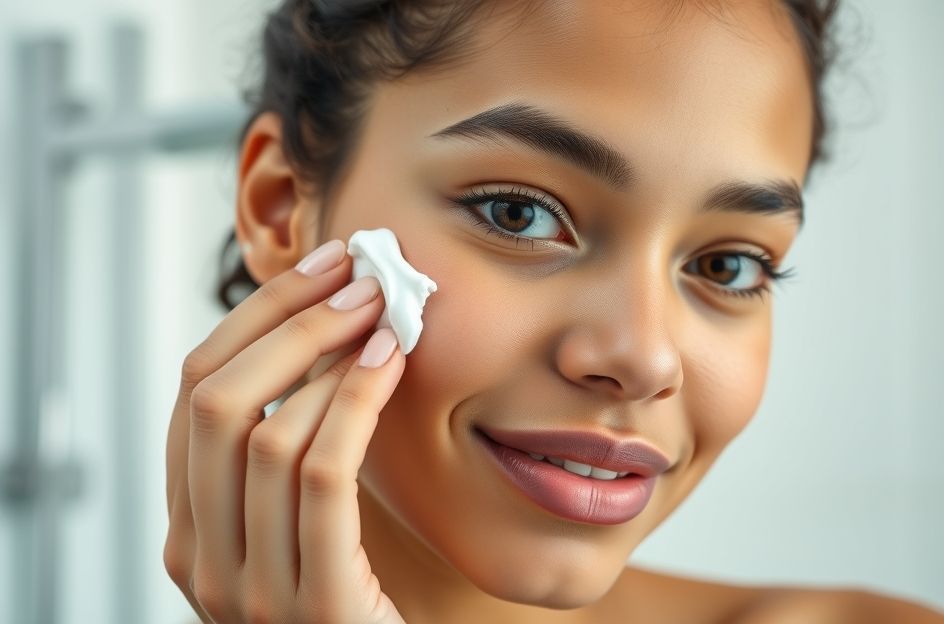Benzoyl peroxide is a widely used and effective ingredient in numerous acne treatments. Available over-the-counter in creams, gels, lotions, face masks, and cleansing bars, it’s particularly beneficial for mild acne cases. Non-prescription strengths typically range from 2.5% to 10%. For higher concentrations, a prescription from a doctor is required.
Studies suggest that a 2.5% benzoyl peroxide solution is as effective as higher concentrations while often causing less skin irritation. If you’re new to benzoyl peroxide, starting with a lower concentration is generally recommended.
**How Benzoyl Peroxide Works**
To understand how benzoyl peroxide combats acne, it’s helpful to know how acne develops. *Propionibacterium acnes* (*P. acnes*) bacteria is a primary cause of acne. These bacteria thrive within clogged sebaceous follicles. Benzoyl peroxide is an oxygen-releasing compound. When applied to the skin, it penetrates pores and releases oxygen, creating an environment where *P. acnes* cannot survive, thus reducing acne.
**Potential Side Effects**
While benzoyl peroxide is effective, it’s important to be aware of potential side effects:
a. **Dryness:** Higher concentrations (5% or 10%) can lead to dryness. Consider using a 2.5% solution to mitigate this.
b. **Irritation:** Reduce the frequency of application. If irritation persists even with less frequent use, discontinue the product.
c. **Allergy:** If you experience an allergic reaction, stop using benzoyl peroxide immediately and consult a dermatologist for alternative treatments.
d. **Bleaching:** Benzoyl peroxide is a bleaching agent. Avoid contact with hair or fabrics, as it can cause discoloration.
It’s also crucial to remember that benzoyl peroxide can generate free radicals in the skin, potentially leading to redness similar to sun exposure. When using benzoyl peroxide, minimize sun exposure and use sunscreen during the day.
**Disclaimer:** This information is for educational purposes only and should not be considered medical advice. Always consult with a healthcare professional for any health concerns or before making any decisions related to your treatment or care.
